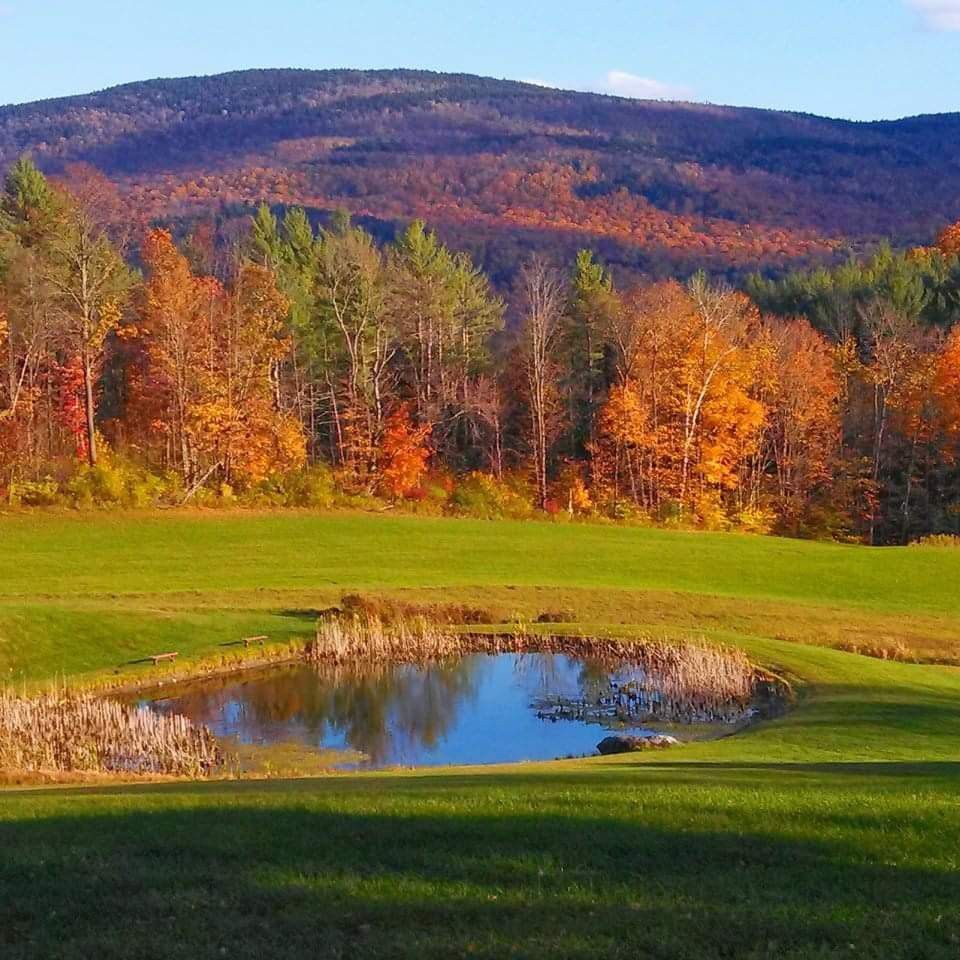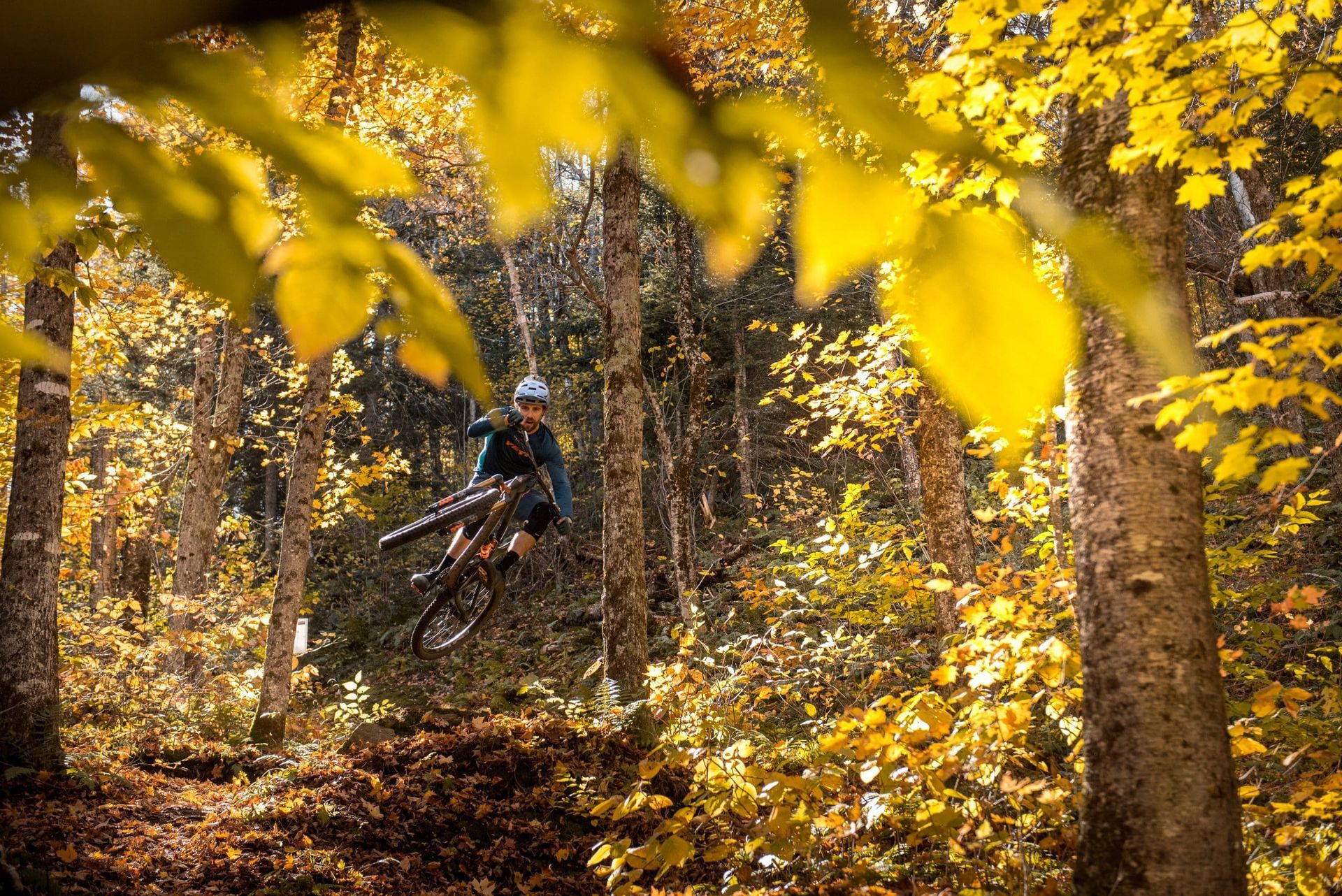Preserving the Land: Sustainable Biking Practices in the Northeast Kingdom
Preserving the Land: Sustainable Biking Practices in the Northeast Kingdom
Mountain biking in the Northeast Kingdom (NEK) of Vermont offers not only an adrenaline rush and stunning scenery but also an opportunity to engage with nature in a meaningful way. However, with great trails comes great responsibility. Sustainable biking practices are essential to ensure that these beautiful landscapes remain pristine for future generations. In this blog, we explore the importance of preserving the land and share practical tips for sustainable mountain biking.
The Importance of Sustainable Biking
Mountain biking, while an eco-friendly mode of transportation and recreation, can have significant environmental impacts if not managed properly. Trails can suffer from erosion, vegetation damage, and wildlife disruption. Sustainable biking practices help mitigate these effects, ensuring that the trails remain enjoyable for everyone and the surrounding ecosystems stay healthy.
Practical Tips for Sustainable Mountain Biking
1. Stay on Designated Trails
Riding on designated trails is one of the most important ways to minimize environmental impact. Off-trail riding can cause soil erosion, damage to plant life, and disturbance to wildlife habitats. Stick to marked paths to help preserve the natural environment.
2. Respect Trail Closures
Trail closures are usually implemented to protect the trails and surrounding areas during vulnerable times, such as after heavy rains or during wildlife breeding seasons. Always respect these closures and check trail conditions before heading out. Riding on closed trails can cause significant damage and prolong recovery times.
3. Practice Leave No Trace Principles
The Leave No Trace principles are essential guidelines for all outdoor activities:
-Pack It In, Pack It Out: Carry all your trash with you, including food wrappers, water bottles, and spare parts.
-Leave What You Find: Do not disturb plants, rocks, or wildlife. Avoid creating new trails or shortcuts.
-Respect Wildlife: Observe animals from a distance and do not feed them. Feeding wildlife can alter their natural behaviors and diet.
4. Use Eco-Friendly Products
Choose biodegradable and environmentally friendly products for your biking gear and maintenance. For example, opt for biodegradable chain lubes and cleaning products. This reduces the amount of harmful chemicals that can leach into the soil and water.
5. Maintain Your Bike
A well-maintained bike is more efficient and causes less trail damage. Regularly check your bike for issues like worn-out tires and brakes. Proper tire pressure is crucial; too low pressure can increase the bike's impact on trails, while too high pressure can cause skidding and erosion.
6. Volunteer for Trail Maintenance
Volunteering for trail maintenance is a great way to give back to the biking community and the environment. Organizations like Kingdom Trails Association regularly host volunteer trail days where you can help with tasks such as clearing debris, repairing erosion, and building sustainable trail features.
The Role of Community and Organizations
Local communities and organizations play a pivotal role in promoting and maintaining sustainable biking practices. The Kingdom Trails Association, for example, works tirelessly to ensure the trails are well-maintained and environmentally friendly. They offer education on sustainable practices and involve the community in conservation efforts.
Educational Programs and Workshops
Participate in educational programs and workshops offered by local biking organizations. These programs often cover topics like sustainable trail building, erosion control, and eco-friendly biking techniques. By staying informed, you can make more responsible choices on the trails.
Support Local Conservation Efforts
Consider supporting local conservation efforts through donations or memberships. Many organizations rely on the financial support of the community to fund trail maintenance, educational programs, and conservation initiatives.
Preserving the natural beauty of the Northeast Kingdom while enjoying its trails requires a commitment to sustainable biking practices. By staying on designated trails, respecting trail closures, practicing Leave No Trace principles, using eco-friendly products, maintaining your bike, and volunteering for trail maintenance, you can help ensure that the NEK remains a premier destination for mountain biking for years to come.
Embracing sustainability in mountain biking not only protects the environment but also enhances the overall experience for all riders. So, the next time you hit the trails, remember that your actions today will shape the future of these beautiful landscapes. Ride responsibly and enjoy the ride!




